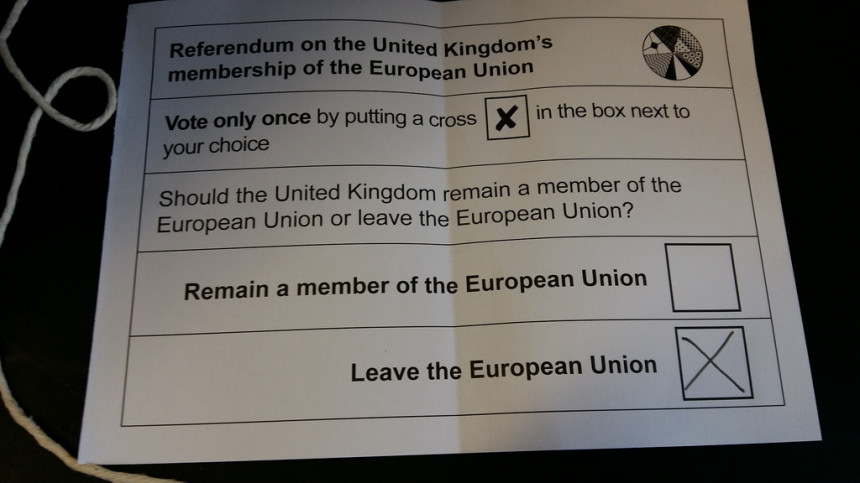
A question that many thought would never have the chance to be answered was put to the British this June 23: should the UK to remain part of the European Union (EU) or not?
And the majority voted to leave the EU. After a dramatic count, these are the official results:
? In favour of Brexit: 17,410,742
? In favour of staying: 16,577,342
? Total votes: 33,577,342
? Participation: 72%
Since its inception, never before has a member country abandoned this political and economic union of 28 countries, it has done nothing more than expand.
The UK exit is a blow to the European project, whose origins were in the idea of avoiding another major war on the continent after the bloodletting that the Second World War supposed. Britain's decision to leave the European Union 43 years after entering its predecessor, the European Economic Community, has a name: Brexit. But what does this mean? And what will the consequences of this decision be?
Brexit is an abbreviation of two words in English, Britain and exit, which means the United Kingdom leaving the European Union. The word became more pronounced when talking about the referendum, although it only referred to one of the two options available. The Bremain alternative (Britain and Remain: staying in) did not have the same media success. Nor at the polls. The origins of the term Brexit appear to date back to 2012, when the term Grexit was in vogue, the name given to the speculation about Greece's exit from the European Union in the most intense moments of that country's crisis.
Technically the referendum is not binding
The initial question posed by the British government was: "Should the United Kingdom remain a member of the European Union?", that is to say, should the UK remain a member of the European Union? But the government changed the recommendation of the electoral commission, which considered that it could be skewed in favour of the pro-European camp. The final question was, Should the UK remain a member of the European Union, or should it leave the European Union? And the possible answers were two: Remain a member (stay) or Leave (exit).
Technically, the referendum is not binding on the British government. Parliamentarians could block Brexit, but analysts agree that to go against the popular will would be political suicide. Prime Minister David Cameron has now succumbed to the poll result. The same day that the Brexit triumph became known, he announced his resignation to the position, at the time to be effective before October, but now consummated.







